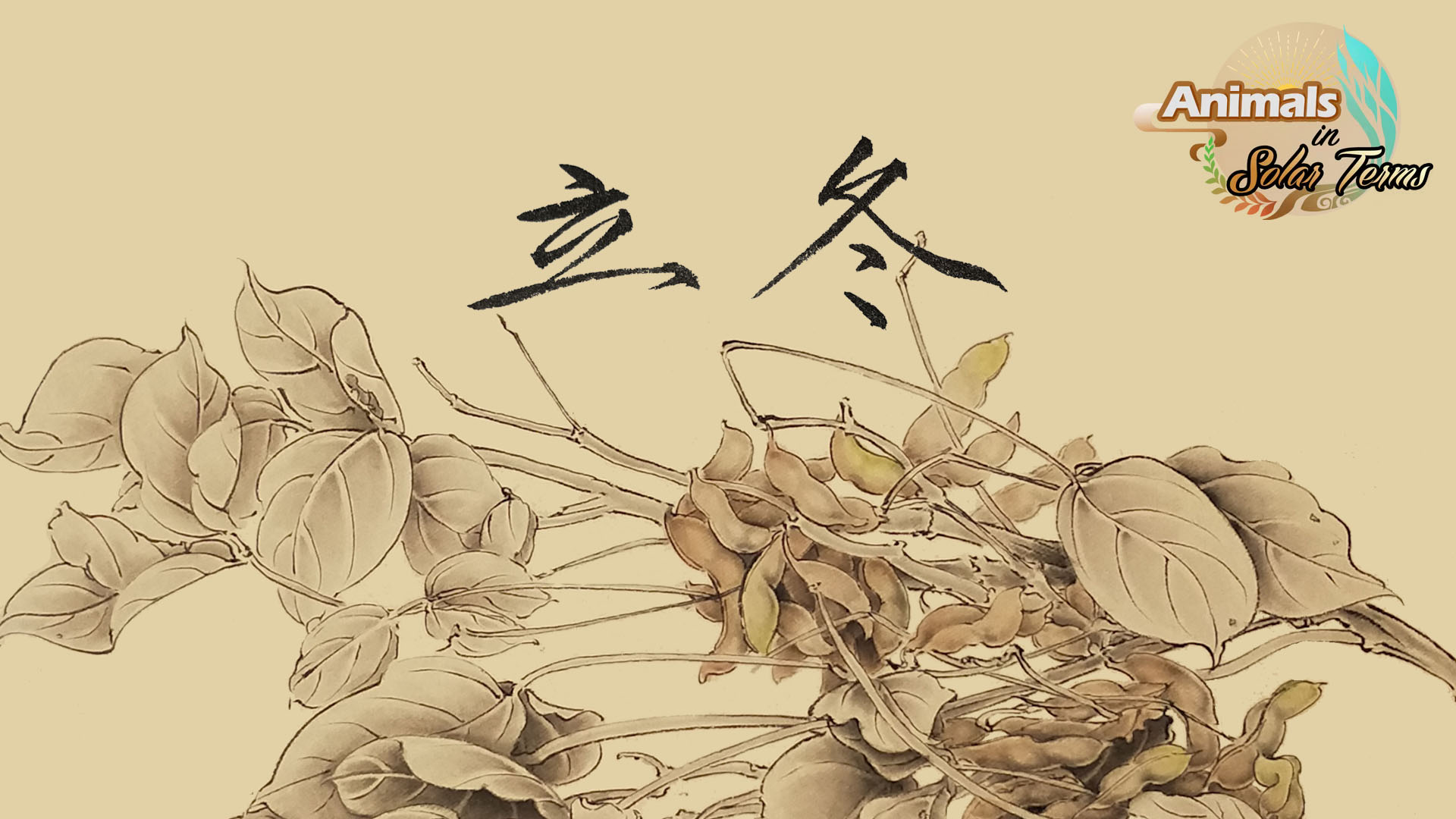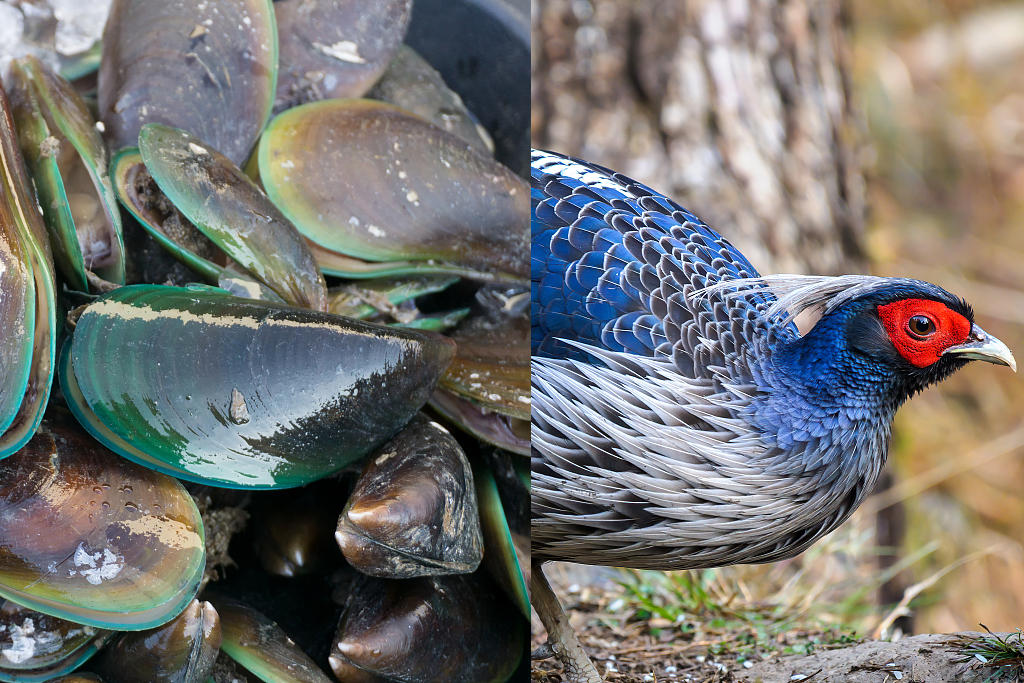01:20

As autumn reaches its end, winter gradually arrives in China, and today marks "Lidong", or the Start of Winter, which is the 19th of the 24 solar terms, the beginning of winter on the lunar calendar.
During Lidong, precipitation in most areas of China decreases, and so does the temperature. In northern China, ice is beginning to form on the water, while the soil is going to be covered with frost. In southern China, though the warm days are still going on, cold air soon arrives and brings a sharp drop in temperature.
Ancient Chinese believed that storage is extremely important for winter. All the creatures have begun to prepare for the long cold days. Farmers have stored their crops and begin to prepare for a winter break. For animals like snakes, hedgehogs and squirrels, after a busy autumn foraging for food, they are well-prepared with enough energy to hibernate and await spring.

The representing animal for Lidong is the clam. Each Chinese solar term is divided into three pentads, and the third pentad for Lidong is "pheasants enter the sea and turn into clams". This saying was based on the imagination and connection of ancient Chinese, as they observed that during Lidong, large birds like pheasants appear less frequently due to the cold weather. Meanwhile, it is the breeding time for clams, so they are large in size and could be seen frequently on the shore. The patterns on the clam shells look somewhat similar to the feathers on pheasants, hence the idea that the pheasants have all entered the sea and turned into clams.
(Video provided by Zhongshan Broadcasting and Television Station; artwork and inscription by Liang Simei from Guangdong Women Art Association and Guangdong Artists Association)
(If you want to contribute and have specific expertise, please contact us at nature@cgtn.com.)